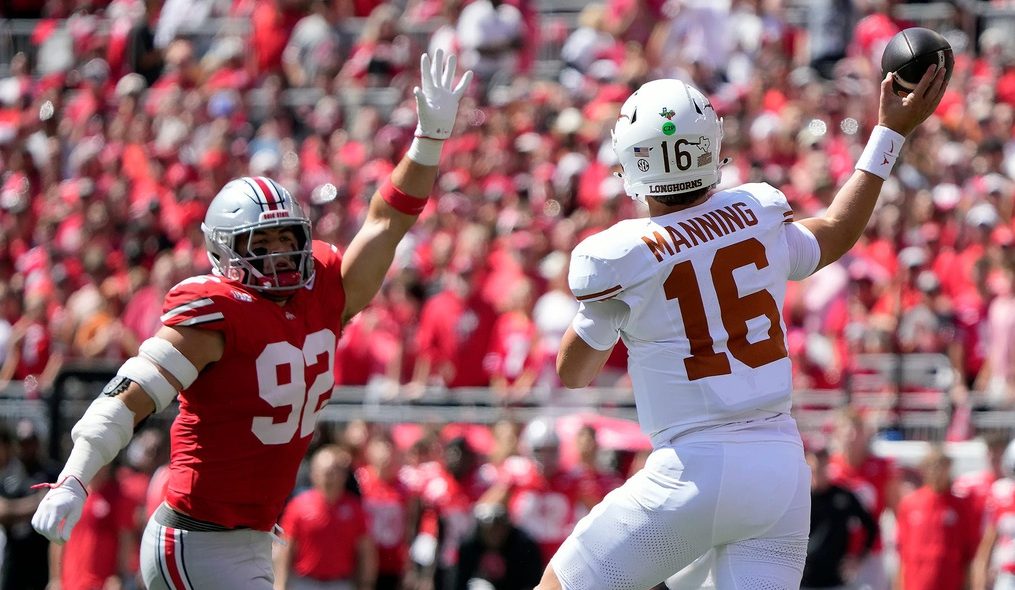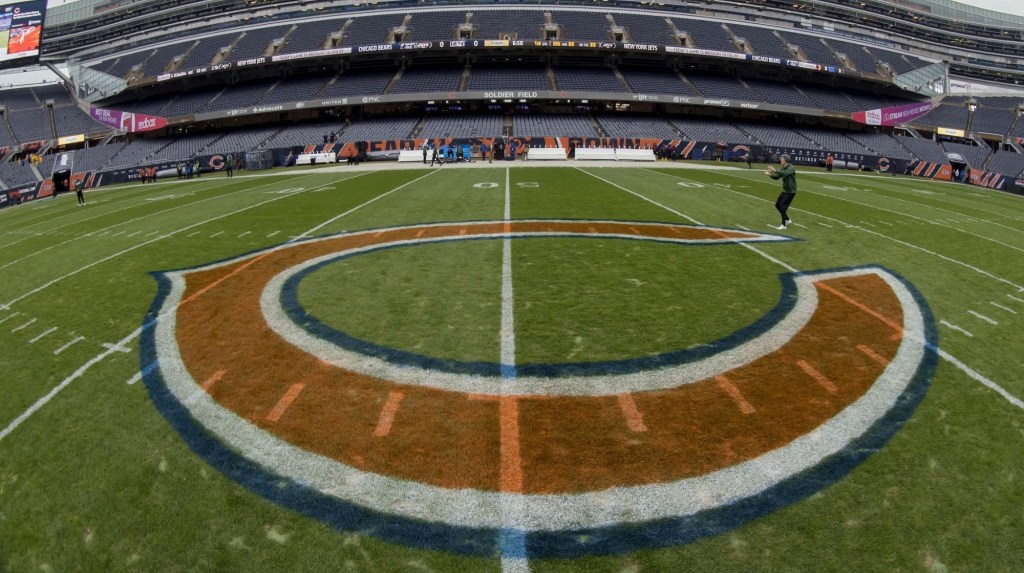Sports teams are pushing forward with real estate development projects to help grow revenue with stadiums sitting empty. The St. Louis Cardinals are opening an apartment complex with Busch Stadium views, along with offices and restaurants. The Los Angeles Angels have announced a 150-acre mixed-use development surrounding their stadium.
Another notable project is the 35 acres around Minnesota United’s Allianz Field. That project is expected to include up to 800 apartments along with nearly 1 million square feet of office and retail space.
Teams can potentially increase revenues between 50% and 100% by adding bars, hotels, apartments, and entertainment venues to the land they own. However, the investments take a long time to pay off: the Cardinals project has been seven years in the making, while the Angels’ project won’t start construction until 2025.
Without ticket sales and other gameday revenue teams to fall back on, teams are looking at other revenue streams. A fan-free NFL season would result in a loss of $5.5 billion in revenue across the league, while roughly 39% of MLB’s revenue came from local ticket sales and other in-park sources in 2019. Real estate projects are also making stadiums the new centers for retail and entertainment as malls lose ground to e-commerce.
The additional revenue also reduces the need for public funds. One of the prime examples is the Golden State Warriors’ Chase Center, a $1.6-billion privately-financed project that includes 3.2 acres of public space,100,000-square-feet of office space, and two office buildings.
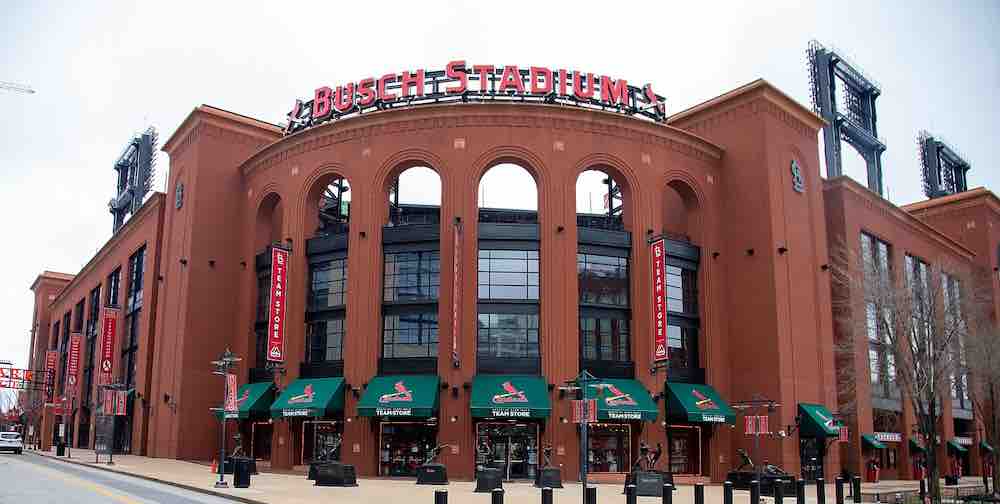

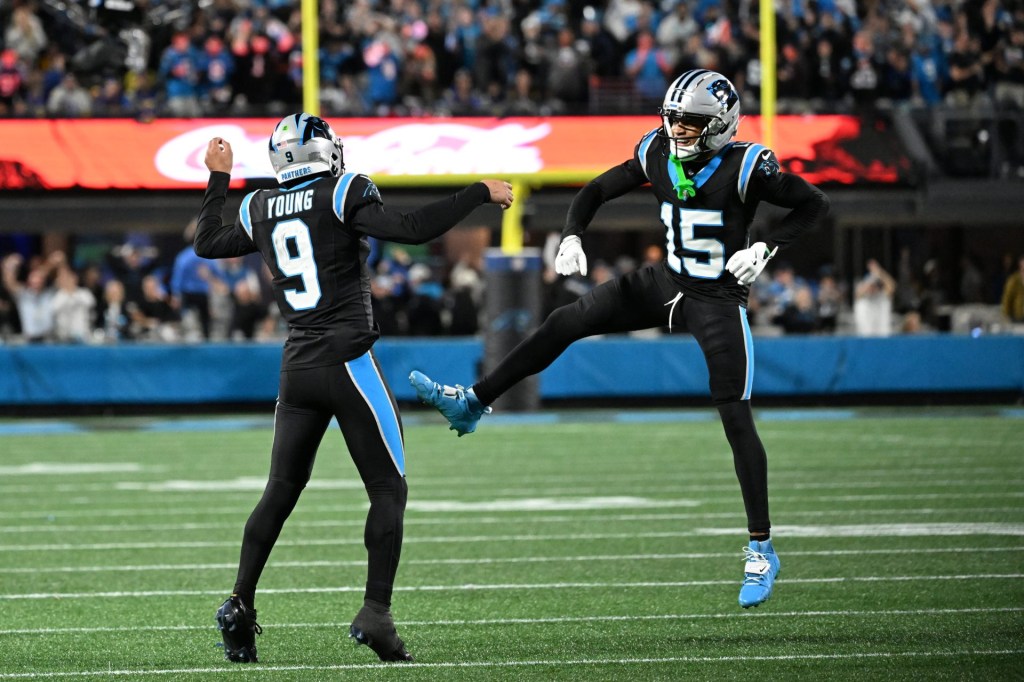
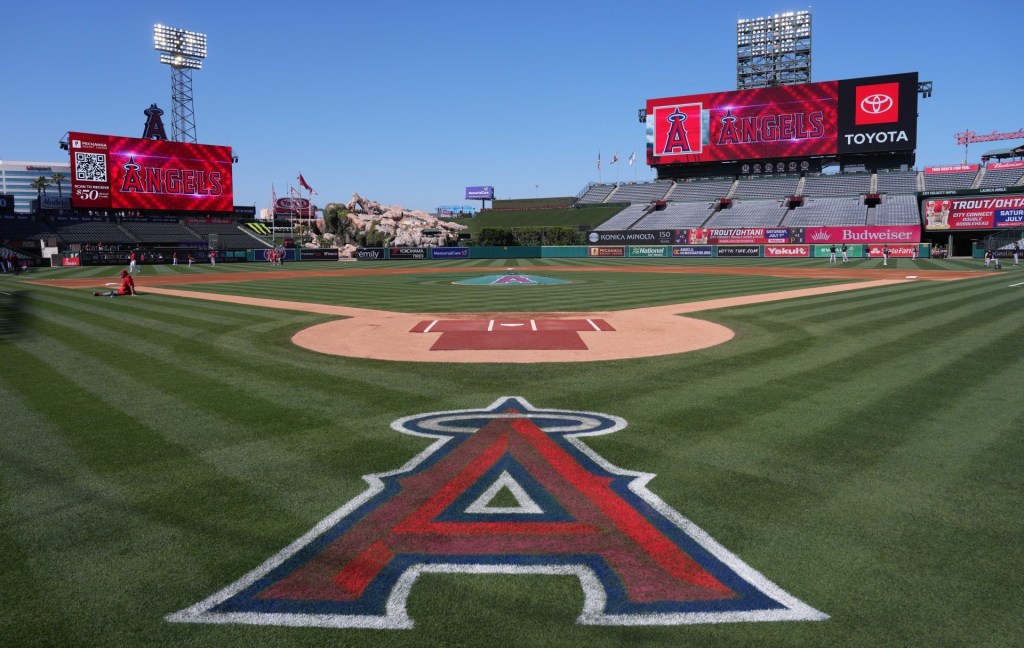



![[Subscription Customers Only] Jun 15, 2025; Seattle, Washington, USA; Botafogo owner John Textor inside the stadium before the match during a group stage match of the 2025 FIFA Club World Cup at Lumen Field.](https://frontofficesports.com/wp-content/uploads/2026/02/USATSI_26465842_168416386_lowres-scaled.jpg?quality=100&w=1024)
![[Subscription Customers Only] Jul 13, 2025; East Rutherford, New Jersey, USA; Chelsea FC midfielder Cole Palmer (10) celebrates winning the final of the 2025 FIFA Club World Cup at MetLife Stadium](https://frontofficesports.com/wp-content/uploads/2026/02/USATSI_26636703-scaled-e1770932227605.jpg?quality=100&w=1024)




